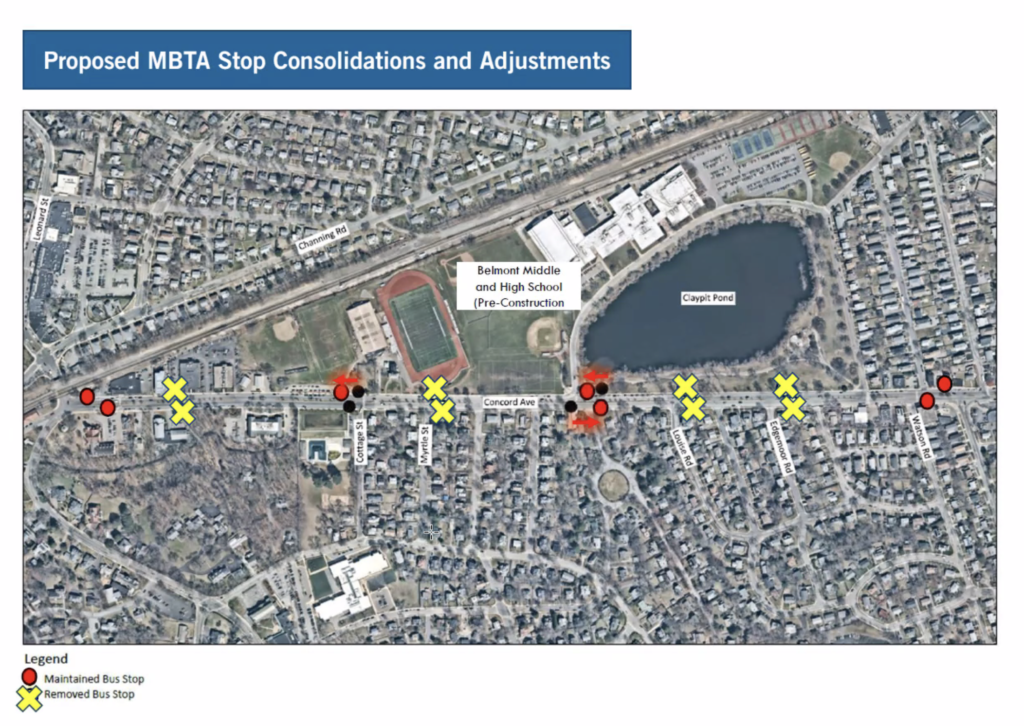Photo: Belmont Town Hall is ready to open on June 1
The return of normalcy after 15 months of COVID restrictions continues as Belmont Town Hall and offices will be open for business on Tuesday, June 1. The opening comes as the Massachusetts intends to lift its COVID-19 restrictions, though masks will still be required in schools, at transportation hubs, and at health care facilities.
Town Administrator Patrice Garvin made the announcement during the Belmont Board of Health’s Monday, May 24 meeting. While the town offices will be open to the public, anyone who is unvaccinated will be required to wear a mask.
The one exception to the openings will be the Beech Street Center, due to the large number of older residents who congregate in the building. A set date for its opening will be announced in the future.
Garvin called in to recognize the Board of Health and all in the Health Department for its work during “this crazy year.” “You were so vital with your guidance and thoughtful response to residents and staff,” said Garvin.
“When I look back years from now about this time, that’s what I’ll remember first,” said Garvin.

